In the intricate tapestry of legal practice, the cornerstone of professional integrity lies in the ethical obligations that attorneys uphold.…


In the intricate tapestry of legal practice, the cornerstone of professional integrity lies in the ethical obligations that attorneys uphold.…

In the multifaceted world of legal practice, attorneys bear a profound responsibility that extends well beyond the conventional client-representation model.…
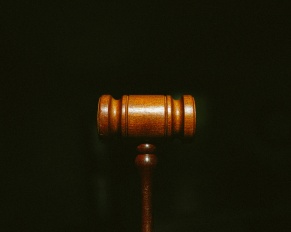
Effective communication lies at the heart of successful legal representation, serving as the linchpin for building trust, fostering transparency, and…

In the realm of legal practice, the Rules of Professional Conduct (RPC) serve not just as guidelines but as the…
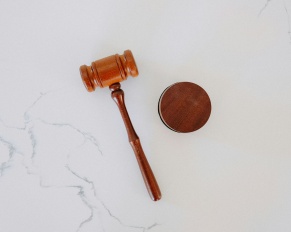
In the intricate realm of legal practice, adherence to ethical standards stands as the cornerstone of professionalism. Among the many…
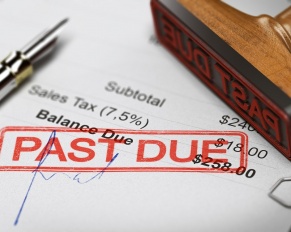
In the intricate world of legal practice, maintaining confidentiality is paramount to preserving trust and fostering effective collaboration among attorneys.…
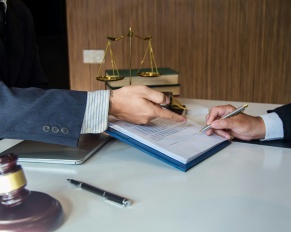
In the intricate landscape of legal practice, maintaining ethical standards is paramount to upholding the integrity of the profession. Among…

As with any industry, new business is critical to its continued success. Consequently, law firms are always looking for new…

In the competitive landscape of Google search results pages (often referred to as SERPs), a top ten (or page one)…
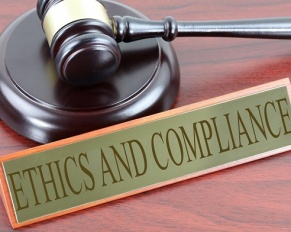
Ethics Law Within the legal profession, the term legal ethics refers to a code of conduct which oversees proper professional…